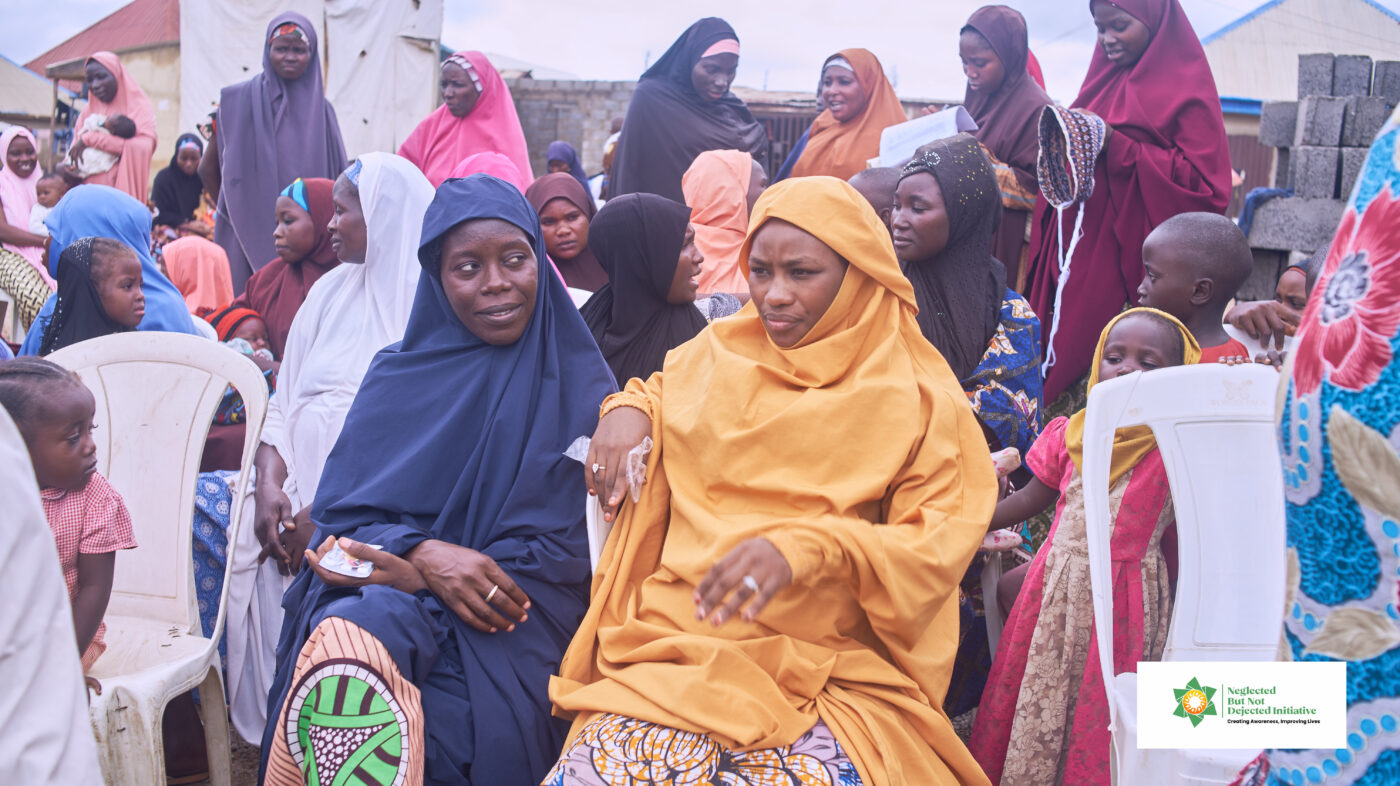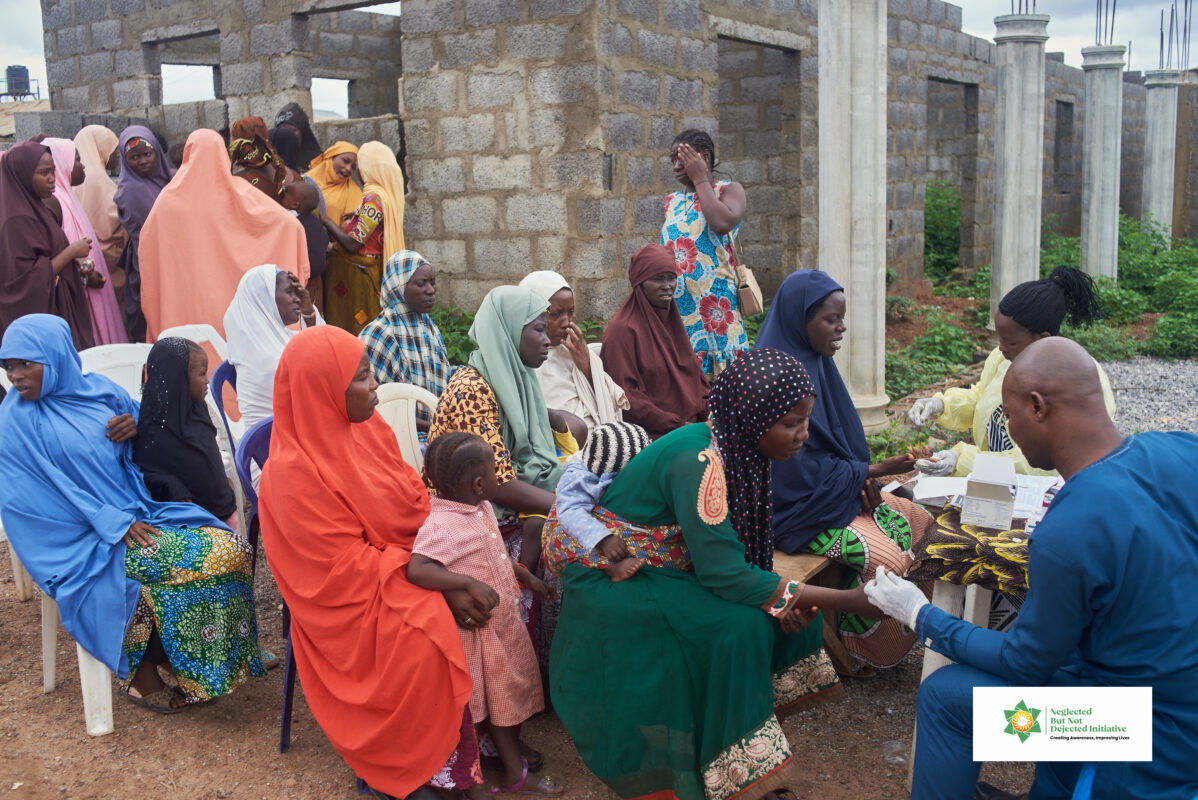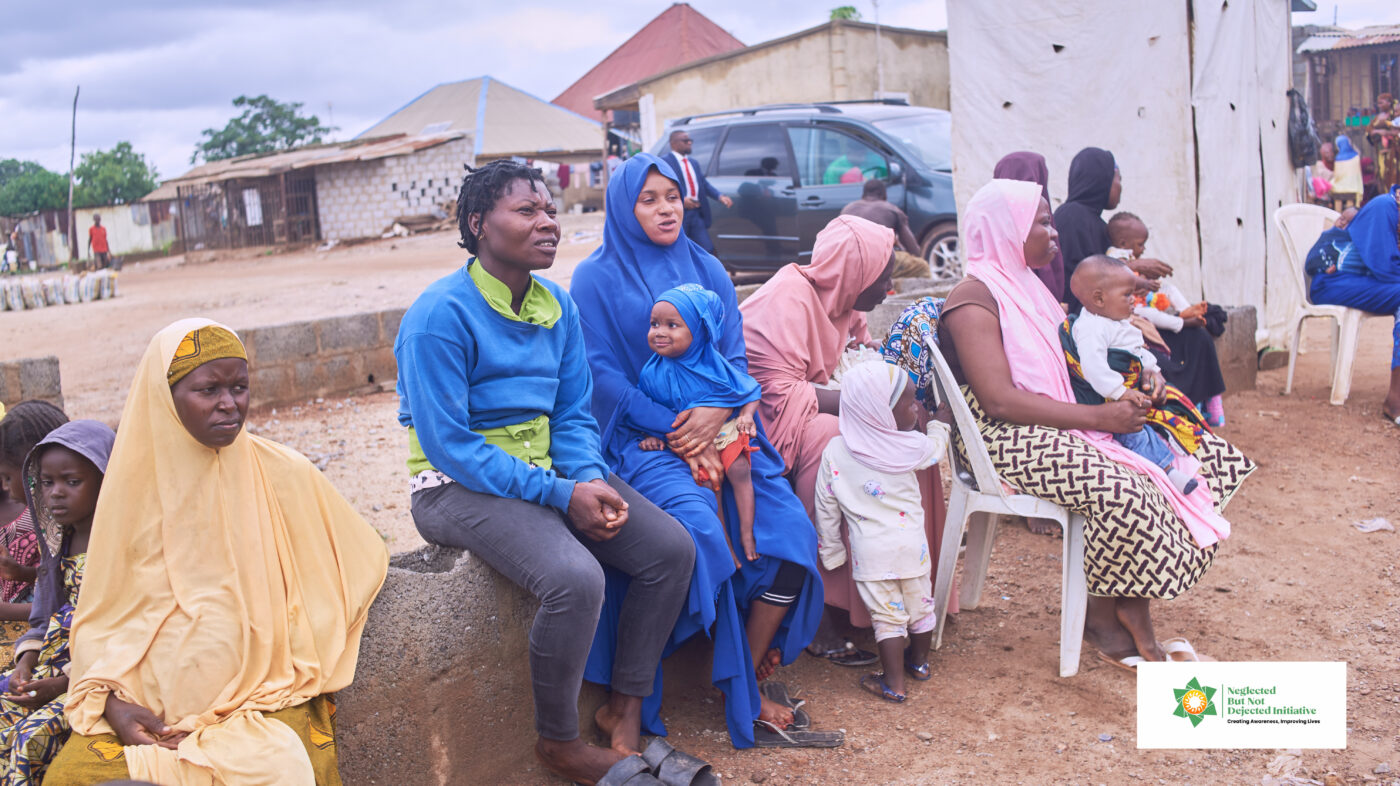The International Day for Rural Women, observed annually on October 15, is a day dedicated to recognizing the critical role that rural women play in agriculture, food security, and community development. These women are often the backbone of rural economies, contributing to food production, resource management, and the well-being of their families and communities. However, rural women in IDP camps demonstrate incredible resilience despite the overwhelming challenges they
face. The International Day for Rural Women is an opportunity to highlight not only their struggles but also their strength and potential to rebuild their lives and contribute to the development of their communities even in displacement.


The Struggles of Internally Displaced Rural Women
Internally displaced women in rural areas are among the most vulnerable populations globally. Unlike refugees who cross international borders, IDPs remain within their own countries but are forced to flee their homes due to circumstances beyond their control. In regions affected by conflict, climate change, or political instability, women and girls bear the brunt of displacement, often finding themselves in insecure environments where they face multiple hardships. What can we do to empower the internally displaced rural women?

- Provide Economic Support:
Organizations and governments must prioritize providing internally displaced rural women with access to land, financial resources, and tools to rebuild their livelihoods. Offering training in sustainable agriculture, small business management, and vocational skills can empower these women to regain economic independence and support their families. - Ensure Food Security:
Humanitarian programs must prioritize food security for displaced women, ensuring that they have access to not just food but also the tools and resources to cultivate their own crops where possible. Supporting initiatives that promote small-scale farming in displacement settings can help restore a sense of empowerment. - Address Gender-Based Violence:
Governments and aid organizations must create safer environments for displaced women by ensuring adequate security and gender-sensitive protection policies in displacement camps. - Enhance Access to Healthcare:
Mobile health clinics, reproductive health services, and mental health support must be integrated into displacement responses. Ensuring that displaced women have access to safe childbirth facilities, maternal care, and family planning services is crucial for their health and the well-being of their families. - Promote Education and Skills Development:
Providing displaced women with access to both formal and informal education, including literacy programs and vocational training can have a transformative impact. Education empowers women to advocate for their rights, rebuild their lives, and contribute to the recovery and development of their communities post-displacement.
In conclusion, the day is a poignant reminder of the hardships the women endure while simultaneously providing an opportunity to reflect on their resilience and potential. By addressing the unique challenges faced by displaced women and ensuring they have access to economic resources, protection, healthcare, and education, we can empower them to not only survive but thrive, contributing meaningfully to the recovery and rebuilding of their communities.
